Dexium-SP Injection Dexamethasone Sodium Phosphate Injection is used as a rapid adrenal glucocorticoid and/or anti-inflammatory agent in horses. Made by Bimeda, Inc.
This medication requires a prescription from your veterinarian.
DESCRIPTION:
Dexamethasone sodium phosphate (a synthetic adrenocortical steroid), is a white or slightly yellow crystalline powder. It is freely soluble in water and is exceedingly hygroscopic. Each mL of sterile aqueous solution contains Dexamethasone Sodium Phosphate 4 mg (equivalent to dexamethasone 3 mg). Sodium Citrate 10 mg, Sodium Bisulfite 2 mg, Benzyl Alcohol 1.5% as preservative, in Water for Injection q.s. Sodium Hydroxide and/or Hydrochloric Acid to adjust pH to between 7.0 and 8.5.
Dexium-SP Injectable
CLINICAL PHARMACOLOGY:
Dexamethasone is a synthetic corticosteroid and possesses glucocorticoid activity. Dexamethasone sodium phosphate is a salt of dexamethasone that is particularly suitable for intravenous administration because it is highly water soluble, permitting administration of relatively large doses in a small volume of diluent. Dexamethasone, as a steroid, is equivalent in potency to some established steroids while being considerably more potent that others. In the case of the dog, dexamethasone is found to be about equivalent in dosage to prednisone but about 30 to 40 times more potent than prednisolone.
Dexium-SP Injection
CONTRAINDICATIONS:
Do not use in viral infections. Except when used for emergency therapy, dexamethasone sodium phosphate is contraindicated in animals with tuberculosis and chronic nephritis. Existence of congestive heart failure, osteoporosis and diabetes are relative contraindications. In the presence of infection appropriate antibacterial agents should also be administered and should be continued for at least 3 days after discontinuance of the hormone and disappearance of all signs of infection.
Dexium-SP Injection
WARNINGS:
Clinical and experimental data have demonstrated that corticosteroids administered orally or by injection to animals may induce the first stage of parturition if used during the last trimester of pregnancy and may precipitate premature parturition followed by dystocia, fetal death, retained placenta and metritis. Additionally, corticosteroids administered to dogs, rabbits, and rodents during pregnancy have produced cleft palate. Other congenital anomalies including deformed forelegs, phocomelia, and anasarca have been reported in offspring of dogs which received corticosteroids during pregnancy.
Dexium-SP Injectable
PRECAUTIONS:
Because of the anti-inflammatory action of corticosteroids, signs of infection may be hidden and it may be necessary to stop treatment until diagnosis is made. Overdosage of some glucocorticoids may result in sodium retention, fluid retention, potassium loss and weight gains.
In infections characterized by overwhelming toxicity, dexamethasone sodium phosphate therapy, in conjunction with indicated antibacterial therapy, is effective in reducing mortality. It is essential that the causative organism be known and an effective antibacterial agent be administered concurrently. The injudicious use of adrenal hormones in animals with infections can be hazardous.
Dexium-SP Injectable
Use of corticosteroids, depending on dose, duration and specific steroid, may result in inhibition of endogenous steroid production following drug withdrawal. In patients presently receiving or recently withdrawn from systemic corticosteroid treatments, therapy with a rapidly acting corticosteroid should be considered in unusually stressful situations.
Dexium-SP Injectable ADVERSE REACTIONS:
The therapeutic use of dexamethasone sodium phosphate injection is unlikely to cause undesired accentuation of metabolic effects. However, if continued corticosteroid therapy is anticipated, a high protein intake should be provided to keep the animal in positive nitrogen balance. A retardant effect on wound healing should be considered when it is used in conjunction with surgery. Euphoria or an improvement of attitude, and increased appetite are the usual manifestations. Side effects such as glycosuria, hyperglycemia, diarrhea, polydipsia and polyuria have been observed in some species.
Dexium-SP Injectable
Side effects such as SAP and SGPT enzyme elevations, eosinopenia, and vomiting have occurred following use of synthetic corticosteroids in dogs. Cushing’s Syndrome in dogs has been reported in association with prolonged or repeated steroid therapy.
Corticosteroids reportedly cause laminitis in horses.
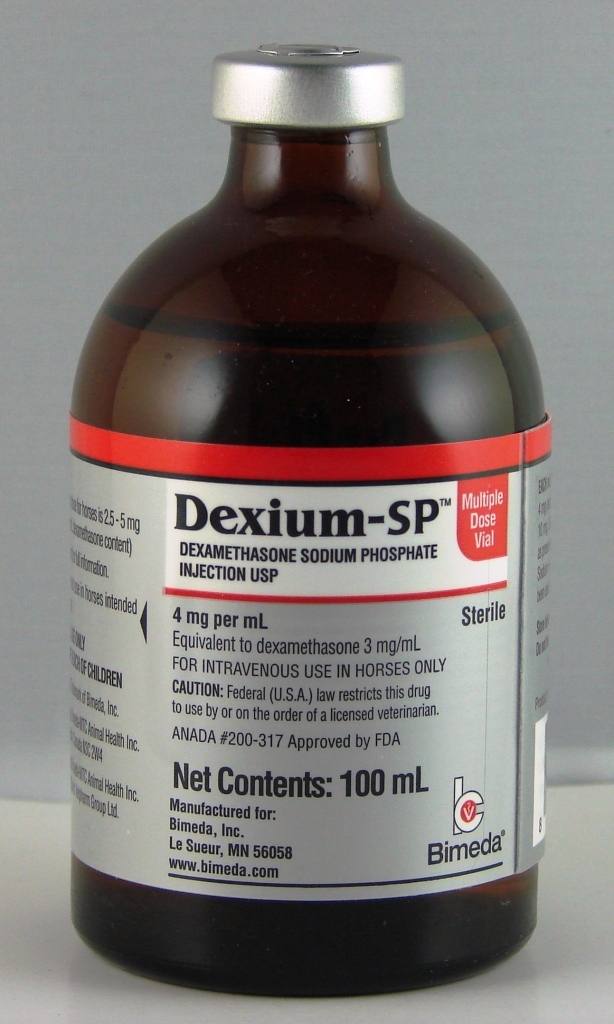
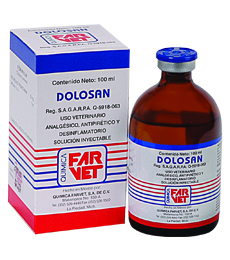
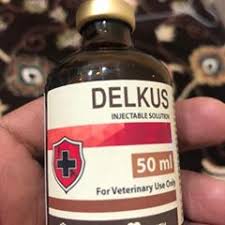
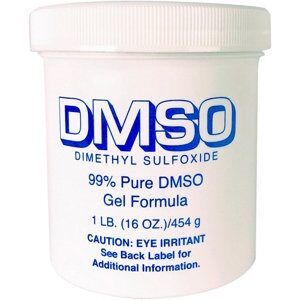
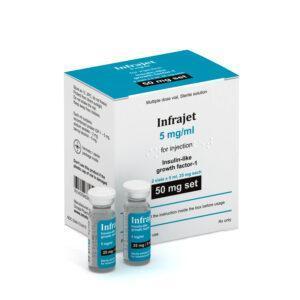
Reviews
There are no reviews yet.